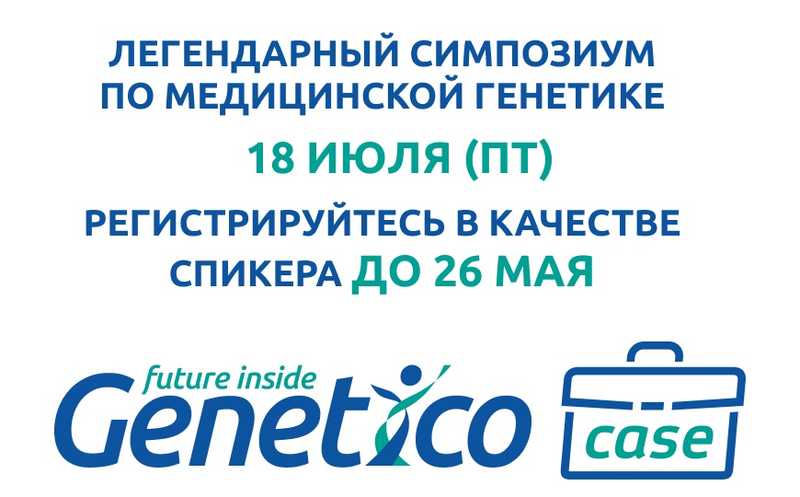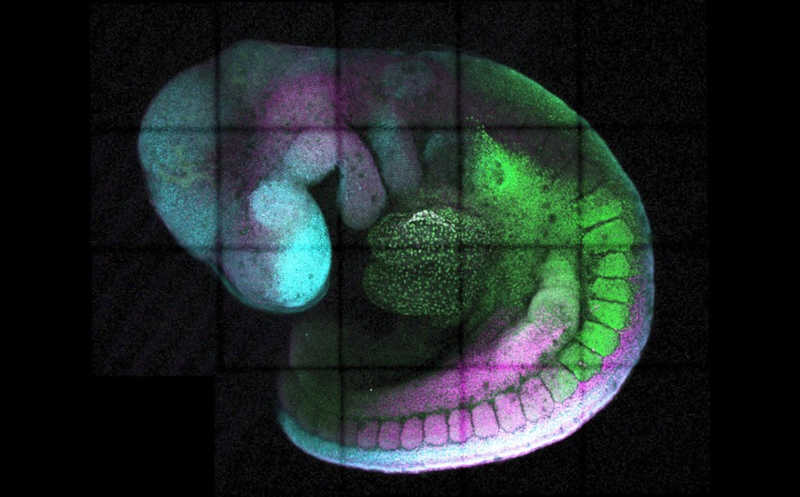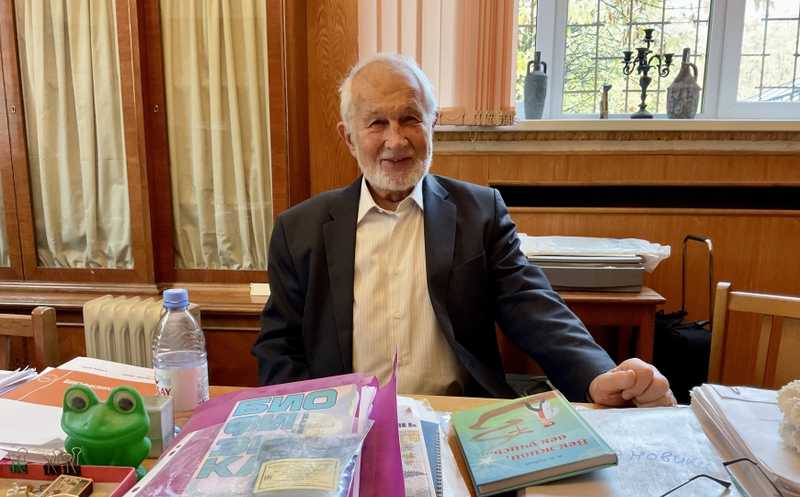Advances in Immune Repertoire Sequencing for the Study of Lymphoid Neoplasms
 Онлайн
Онлайн
GenomeWebinars

In recent years, B- and T-cell repertoire analysis by next-generation sequencing (NGS) has shown distinct advantages over traditional methods for clonality detection in the study of lymphoid disorders. NGS delivers sequence-level resolution that yields very high specificity coupled with an extremely low limit of the detection (LOD) of 1 in 1,000,000 (10-6) cells. In addition, NGS provides a simpler path to standardization compared to flow-based methods and eliminates the need for allele-specific primers required by qPCR-based methods.
In this webinar Dr. John DeCoteau of the University of Saskatchewan Advanced Diagnostics Research Laboratory will share insight on the value of immune repertoire sequencing in hematological oncology research applications including clonality profiling, measurable residual disease (MRD) research, and somatic hypermutation frequency determination. He will present his experience utilizing NGS in heme-oncology research including recent data using the Ion Torrent Oncomine BCR Pan-Clonality Assay for clonality detection in a cohort of multiple myeloma samples. This novel assay includes primers targeting multiple B-cell receptor (BCR) chain rearrangements (IGH, IGK, IGL, KDE/Cint), enabling high positive clonality determination rates. He will describe how the workflow and flexible sample batching can enhance laboratory efficiency and will provide his perspective on the future of this application in routine use.
Sponsored by Thermo Fisher Scientific
https://event.on24.com/eventRegistration/EventLobbyServlet?target=reg20.jsp&partnerref=site&...
In this webinar Dr. John DeCoteau of the University of Saskatchewan Advanced Diagnostics Research Laboratory will share insight on the value of immune repertoire sequencing in hematological oncology research applications including clonality profiling, measurable residual disease (MRD) research, and somatic hypermutation frequency determination. He will present his experience utilizing NGS in heme-oncology research including recent data using the Ion Torrent Oncomine BCR Pan-Clonality Assay for clonality detection in a cohort of multiple myeloma samples. This novel assay includes primers targeting multiple B-cell receptor (BCR) chain rearrangements (IGH, IGK, IGL, KDE/Cint), enabling high positive clonality determination rates. He will describe how the workflow and flexible sample batching can enhance laboratory efficiency and will provide his perspective on the future of this application in routine use.
Sponsored by Thermo Fisher Scientific
https://event.on24.com/eventRegistration/EventLobbyServlet?target=reg20.jsp&partnerref=site&...


 Меню
Меню





 Все темы
Все темы




 0
0




